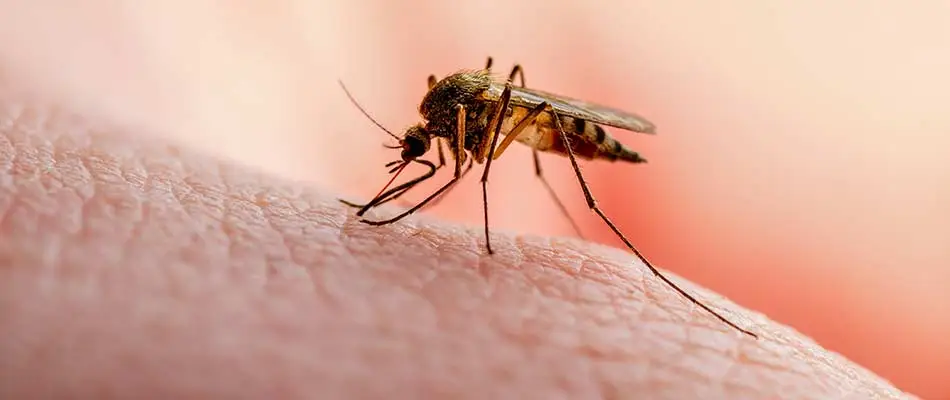Pesticides are highly effective for controlling mosquitoes and other pests, but some people are hesitant to use them due to understandable questions and concerns about risks to health and the environment. Certainly, no one wants lethal chemicals coming into contact with themselves, their families, and their pets; contaminating groundwater; or washing into the waterways where we fish, boat, and swim.
Used properly, pesticides are safe for you and the environment. Arming yourself with information is the first step. So let’s talk about how to protect you, your home and family, and Mother Nature.
Protecting Yourself When Using Pesticides
Your first responsibility has to be to yourself. If you don’t keep yourself safe, it’s going to be hard to keep others safe.
First, read the labels on the products you are using. Manufacturers have a legal obligation to provide accurate labeling that explains proper usage, identifies potential risks, and even rates those risks according to their severity.
Once you are ready to begin applying pesticides, you must have the proper equipment to protect yourself. You want to avoid having these chemicals contact your skin, get into your eyes, or enter your body through inhalation or oral ingestion. These precautions apply to whether the chemicals you are using are in liquid or granular form.
Labels commonly recommend the use of the following:
- Gloves that are nonabsorbent and chemical-resistant
- Goggles
- Shoes, preferably chemical-resistant ones
- Long-sleeve shirts and pants that cover the tops of the shoes
Other items to consider include a hat and a mask or some other way to shield the face. A disposable jumpsuit might be necessary if you are spraying above you (into trees, for instance).
Also, check to make sure that the containers holding the chemicals are tightly sealed and when in use, are not leaking.
Don't Spray Pesticides on Windy Days
Before removing gloves, wash them with soap and water to avoid skin contact with chemicals during removal. If the gloves are disposable, make sure you know the proper way to remove them and then deposit them in a proper trash bin.
Protecting the Home and Others
Naturally, you do not want lawn chemicals to get inside your home or coming into contact with family members and pets.
- Store chemicals in places where kids and pets cannot reach them. The best places are in garages and storage sheds, not anywhere inside the home. Make sure everything is sealed tightly.
- Wash the pants and shirt you wore separately from your other laundry. Afterward, run a cycle without any laundry to better clean out the washer.
- Do not reuse stirring sticks, measuring cups, and other household items inside the house.
- Check the label for “re-entry times,” periods when no one should enter the area that has been treated, and then make sure others stay away from the area until it is safe.
Protecting the Ecosystem
The greatest threats pesticides pose to the ecosystem are contaminating groundwater and running off into the watershed.
To avoid this, follow these fairly simple measures:
- Read labels carefully so that you are not overapplying chemicals and so that you know how to dispose of or store excess chemicals properly.
- Don’t apply treatments when it is raining or when rain is in the day’s forecast.
- Spraying on a windy day dramatically raises the chances of the pesticide going somewhere it’s not supposed to.
- If you are working on a slope or near the edge of a lawn, make sure the chemicals are not running off into streets and sewer systems.
It is possible to protect your lawn and home from pests without damaging the environment, and observing the guidelines here is the way to do that! Contact Sharp Lawn Care for pest control services!




Comments (0)
Thanks for your comment!
Thanks for your feedback! Your comments have been successfully submitted! Please note, all comments require admin approval prior to display.
Error submitting comment!
There is a problem with your comment, please see below and try again.